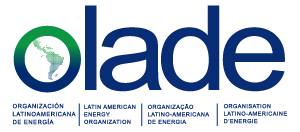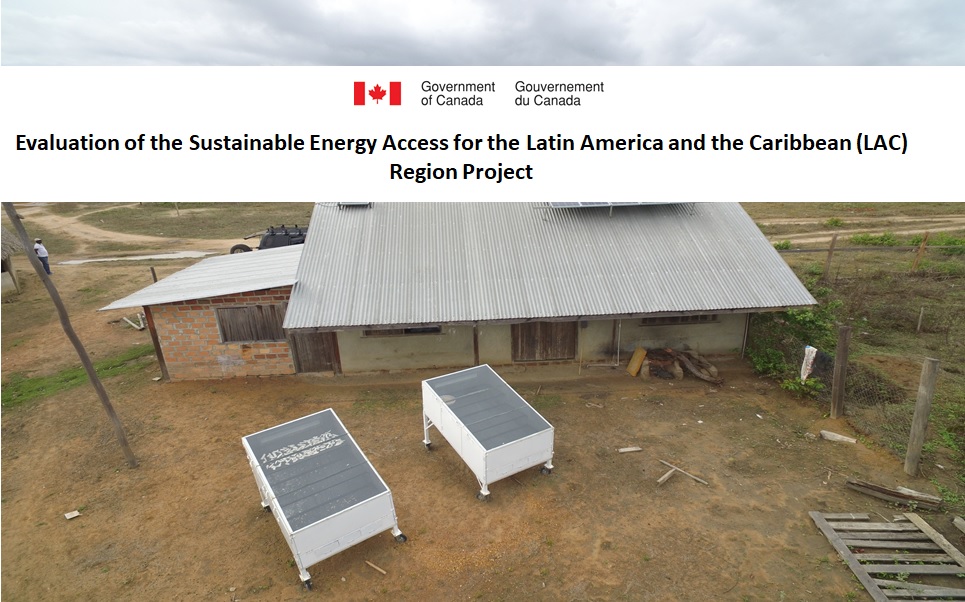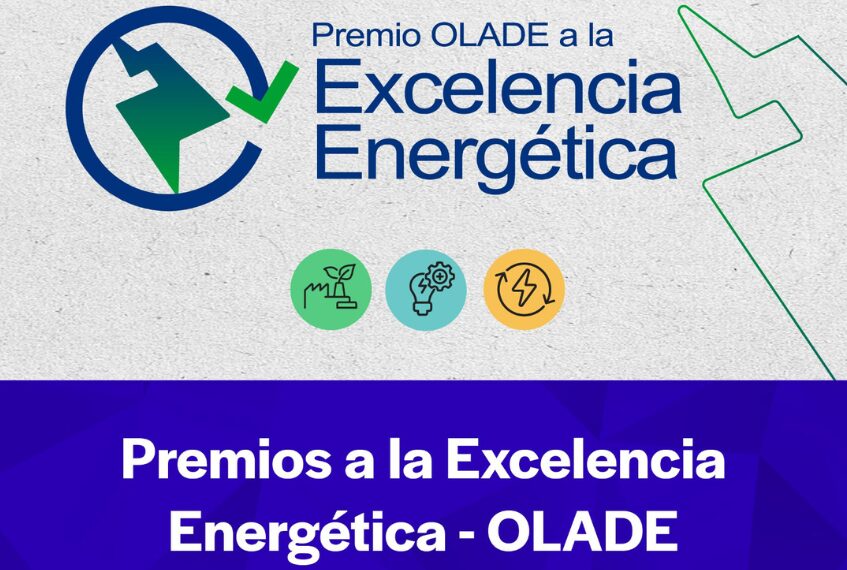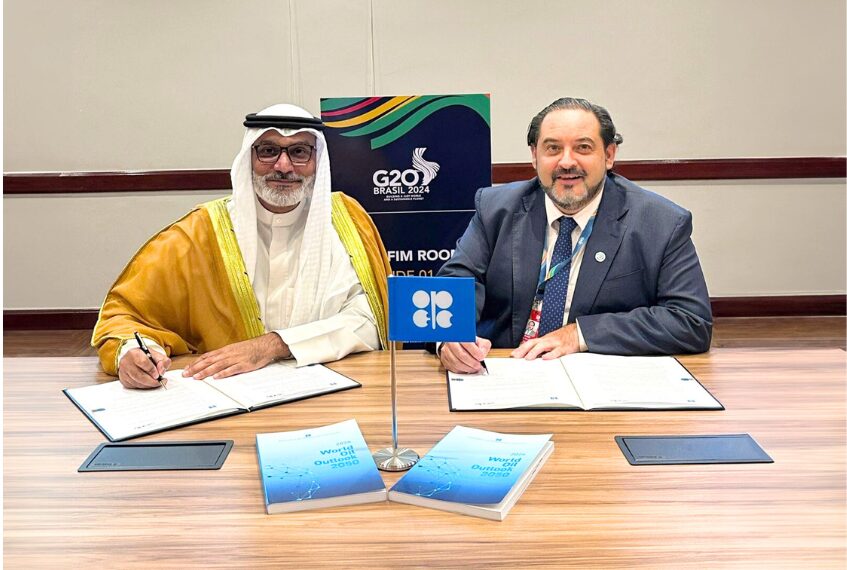The Inter-American Affairs Division, Global Affairs Canada commissioned a consultancy group to elaborate a summative evaluation of the project: “Sustainable Energy Access for the Latin America and Caribbean Region” (SEALAC).
This Project was implemented by the Latin American Energy Organization (OLADE) in 14 countries from LAC region (Belize, Bolivia, Colombia, Cuba, Dominican Republic, Grenada, Guatemala, Guyana, Haiti, Honduras, Jamaica, Nicaragua, Peru and Surinam), using financial resources of the Canadian Government in the amount of $9.2 million of Canadian dollars.
The specific objectives of the evaluation were the following: a) assess the effectiveness and efficiency of OLADE; b) assess sustainability/relevance of results, including women and Indigenous people; and, c) generate findings, conclusions, recommendations and lessons to guide the design of future programming in the Latin American and Caribbean energy sector in accordance with the GAC quality standards.
The consultancy team adopted an evaluation methodology which utilizes mixed approaches combining analysis of qualitative and quantitative data. It included document review, semi-structured interviews and focus groups with key stakeholders in five countries, on-line surveys of participants in capacity building, and data collection and analysis.
The main conclusions of the evaluation are as follows:
- The capacity building under SEALAC through CAPEV Program and face to face training has been effective despite high staff turnover in the ministries and other stakeholders. Evidence of this is obtained by the semi-structured interviews and focus groups conducted by the Evaluation Team in five of the beneficiary countries. The online survey provides quantitative statistical confirmation of this result.
- Efforts to support energy policy development at the national and regional level have encountered difficulties due to lack of political ownership by the governments which have been compounded by tensions in the region. The field missions confirmed the reporting of the project that the technical assistance had been mobilized. The development of the energy policy was not achieved fully in Grenada, or Bolivia according to the field missions. However, the Evaluation field missions found that there had been progress in energy policy development in Dominican Republic and Honduras.
- Although some progress has been made, Gender remains a key issue in the Energy Sector in the Region. In particular, the Evaluation field missions in Bolivia and Honduras found that pressures to respect community traditions and social norms tended to limit the role of women in decision making.
- Corporative Social Responsibility (CSR) still offers benefits to the region despite challenges with implementation and limited progress on community dialogue. The field missions in Bolivia, Dominican Republic and Honduras found that while the companies acquired skills and knowledge from the CSR training, not as much cohesion and dialogue with communities was achieved as could have been expected. CSR training needs to stress community outreach and dialogue with more interaction among stakeholder groups.
The findings, conclusions, recommendations and lessons listed are those of the consultant and do not necessarily reflect the views of GAC or the Government of Canada. GAC does not guarantee the accuracy of the information provided in this report.





